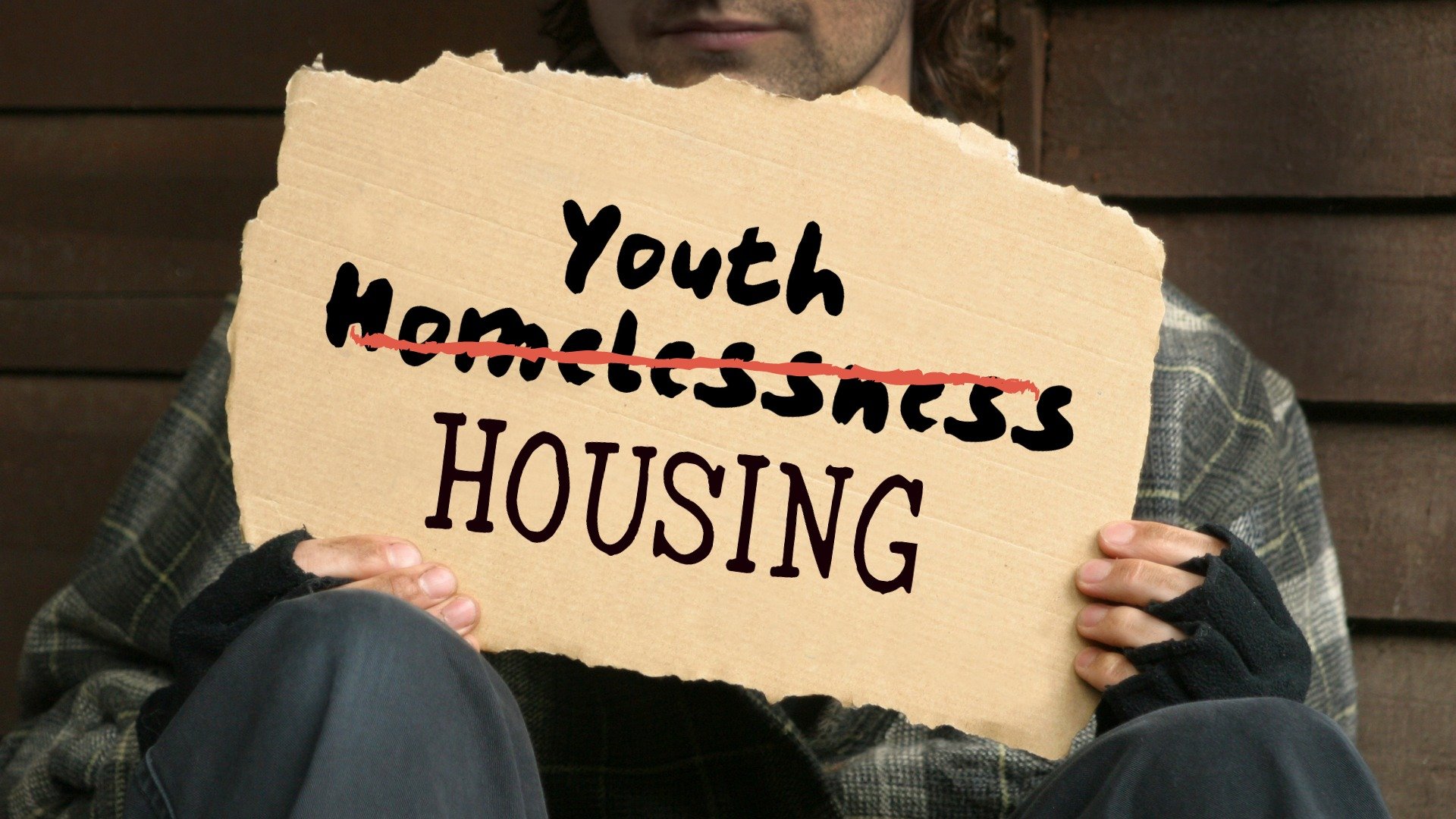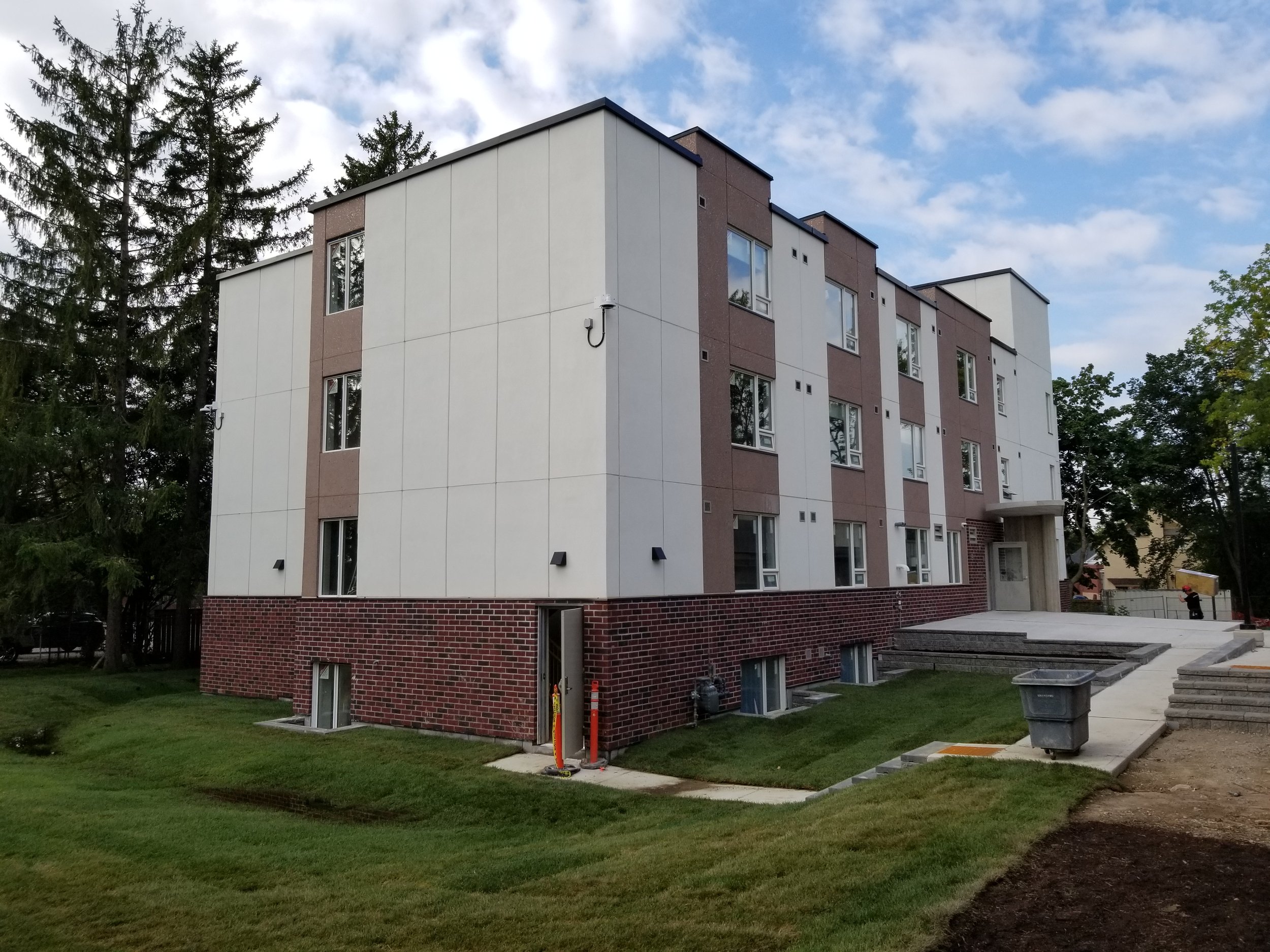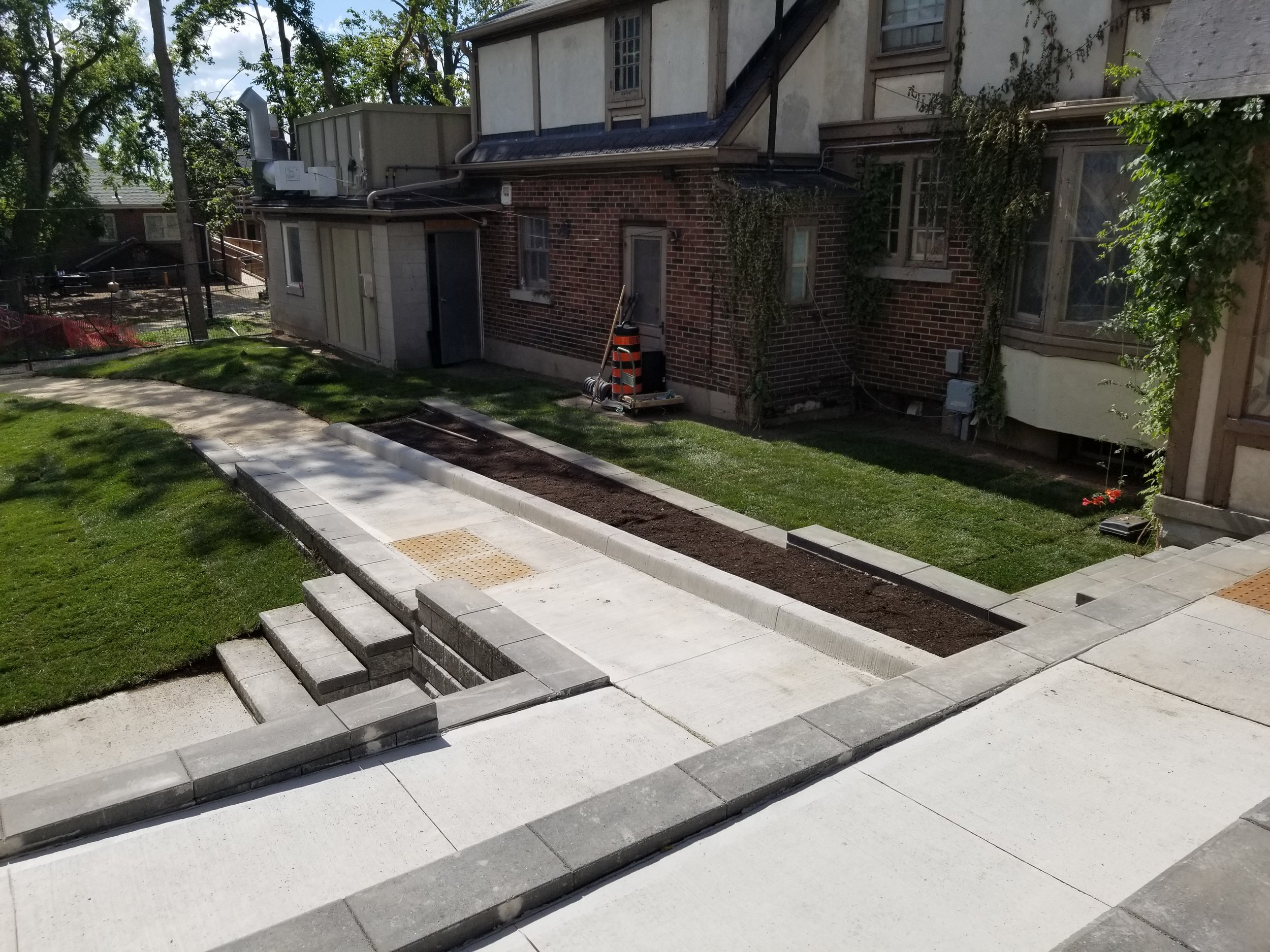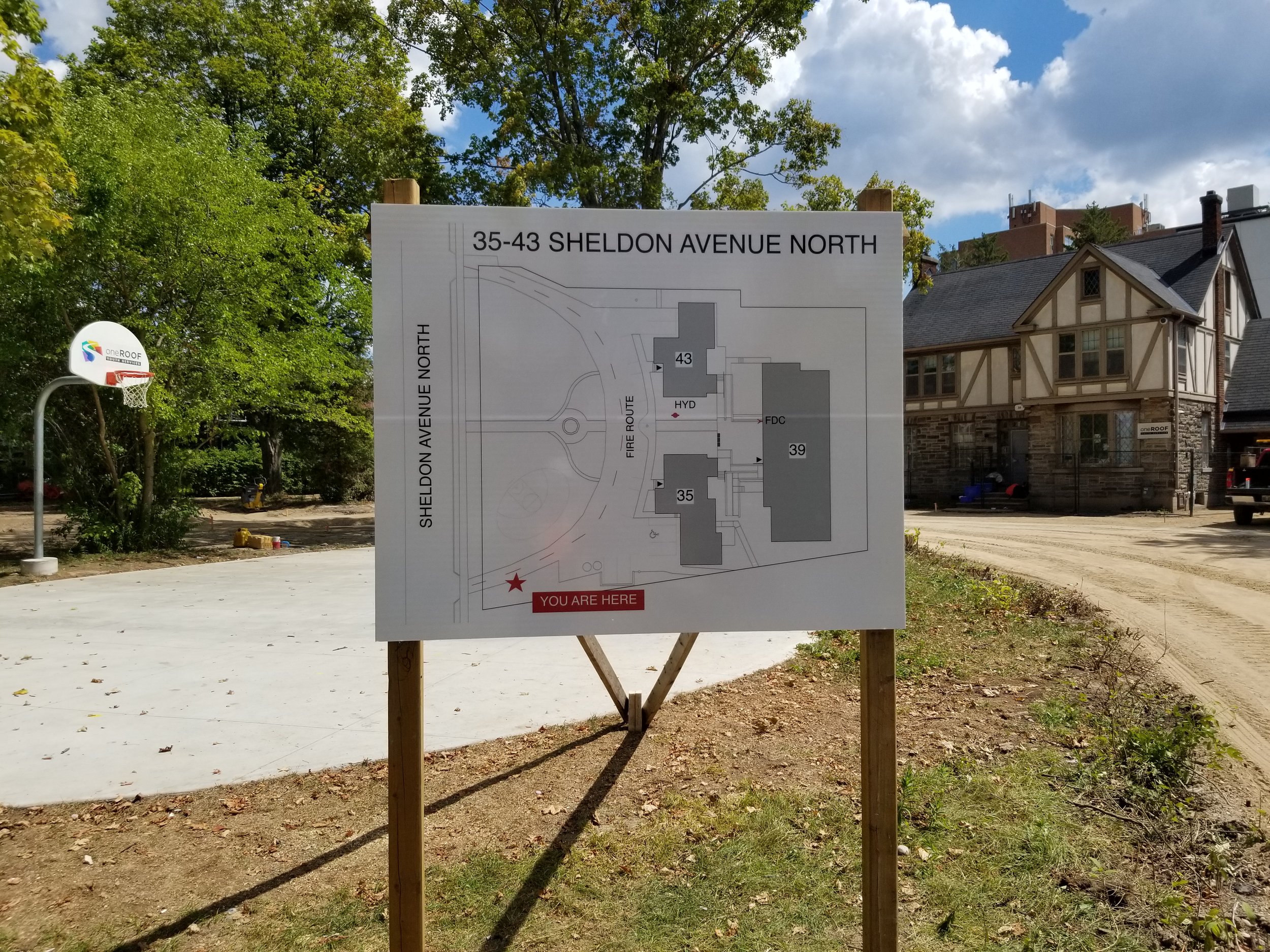The Importance of Supportive Housing
Since 1989, oneROOF Youth Services has been committed to providing for the safety, support, and overall well-being of youth who are experiencing homelessness or at risk, ages 12-25, in Waterloo Region. Our goal in recent years has been to change the way the world views traditional supports by addressing the gaps in service we’ve come to recognize in our over 30 years of working with this population. Everything from the lack of preventative programs and intervention to social factors and the severity of this nations housing crisis. We’ve come to realize that services like our emergency shelter, food hampers, clothing distribution, and even education and employment programs are simply not enough. Housing is the answer.
What is Supportive Housing?
Supportive Housing is a highly effective strategy that combines affordable housing with intensive coordinated services.
Why Youth Need Supportive Housing
The youth we support face complex barriers and wide-spread stigma. Unlike their adult counterparts, youth experiencing homelessness simply do not have the housing history, financial knowledge, cognitive development, and life skills to navigate the increasing difficulties of the housing market. Transitioning directly from streets/shelter to independent living has proven to be challenging for young people, and often results in a cyclical return to shelter. A broad body of research and greater understanding of the depth of Canada’s housing crisis makes clear that supportive and transitional housing options are needed now more than ever!
Homelessness vs. Housing
From the costs of emergency shelters, to institutional healthcare and the criminal justice system, to the individual physical and mental health impact on citizens without homes, the causes and effects of homelessness cost Canada dearly. While emergency shelters will always be necessary in crisis, preventing people from becoming homeless and rehousing those already homeless must be the new path we forge in supports for those experiencing homelessness, regardless of age.
The State of Homelessness (2016) reported that by addressing the needs of key populations disproportionately affected by experiences of homelessness, we will see corresponding cost benefits. The fact of the matter is, relying on emergency services is expensive. In a review of the cost of homelessness across four cities, Pomeroy (2005) found that institutional responses (jails, hospitals etc.) cost $66,000-$120,000 annually, emergency shelters cost $13,000-$42,000 annually, whereas supportive and transitional housing cost $13,000-$18,000 and affordable housing without supports was a mere $5,000-$8,000.
Though this cost analysis explains the many monetary pros of social housing like affordable and supportive housing, it doesn’t begin to look at the social and human costs associated with chronic homelessness. Not only is putting someone in housing cheaper, it is also much more humane. The longer someone remains homeless, the greater likelihood that their physical and mental health will deteriorate.
Housing And Health Care
Research reveals a complex set of links between homelessness and health, making clear that housing provides more than a roof over head or a place to call home. Many people experiencing homelessness face significant barriers to accessing health services. As a result, according to Khandor & Mason (2007) the unhoused are:
29 times more likely to have Hepatitis C
20 times more likely to have epilepsy
5 times more likely to have heart disease
4 times more likely to have cancer
3.5 times more likely to have asthma
3 times more likely to have arthritis or rheumatism
These statistics speak to the need for housing not only as a cost saving measure, but as a form of preventative health care. It is clear that homelessness incurs staggering health costs measured not only by dollar amount, but by personal impact — increased illness, time and use of health services, and even early death.
Our Supportive Housing Building
We believe that affordable housing is the only way to end the cycle of homelessness. For young people, combining affordable housing with on-site, coordinated services is our best chance for success. Our Supportive Housing Build will ensure that this vulnerable population receives, not only the housing units needed to offer stability, safety and security, but the 24/7 staff support that research and experience deems necessary for their successful transition into independent living.
The oneROOF Youth Services Supportive Housing building, Next Steps Housing has created 44 units for youth experiencing homelessness in Waterloo Region, including 15 units focused on housing those with mental health or addiction issues, and 4 units reserved for Indigenous young people. Consider donating to be a part of this major milestone in oneROOF Youth Services history.





